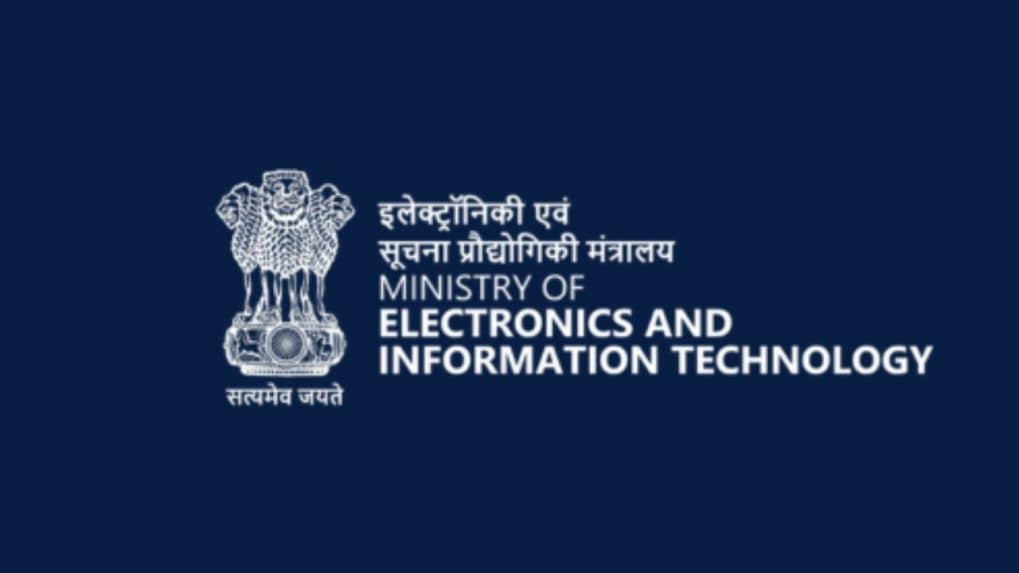MeitY to Madras HC: Mandatory Aadhaar authentication for RMG requires Parliamentary legislation
The affidavit added that online gaming companies may seek voluntary Aadhaar authentication under the Aadhaar Authentication for Good Governance Rules, 2020 (amended in 2025), provided that the use case serves the public interest.
ADVERTISEMENT
The Ministry of Electronics and Information Technology (MeitY) has informed the Madras High Court that mandatory Aadhaar authentication for Real Money Gaming (RMG) platforms can only be enforced through legislation passed by the Parliament of India.
The statement was made through an affidavit filed by Charu Singh Munda, a scientist at MeitY, in response to a legal challenge against specific provisions of the Tamil Nadu Online Gaming Authority’s (TNOGA) 2025 regulations. The TNOGA had previously mandated Aadhaar-based One Time Password (OTP) authentication for players accessing RMG platforms under its new gaming laws.
The contested provisions — Regulation 4(iii) and 4(viii) of the TNOGA (RMG) Regulations, 2025 — make Aadhaar verification compulsory for initial logins and prohibit gameplay between 12 a.m. and 5 a.m. Several gaming companies have opposed these measures, calling them unconstitutional and illegal.
Read More: A23, Games 24x7, Junglee Games take Tamil Nadu govt to court
MeitY clarified that under the Aadhaar (Targeted Delivery of Financial and Other Subsidies, Benefits and Services) Act, 2016, Aadhaar-based authentication may only be made mandatory when authorized by a law passed by Parliament. Subsection 7 of Section 4 of the Act explicitly states that such authentication cannot be imposed without legislative backing.
The affidavit added that online gaming companies may seek voluntary Aadhaar authentication under the Aadhaar Authentication for Good Governance Rules, 2020 (amended in 2025), provided that the use case serves the public interest.
"The authentication of Aadhaar number holder can be made mandatory only under a law made by Parliament as provided under subsection 7 of section 4 of the Aadhaar Act, 2016 which states that – 4(7) Notwithstanding anything contained in the foregoing provisions, mandatory authentication of an Aadhaar number holder for the provision of any service shall take place of such authentication is required by a law made by Parliament."
"Further, it is submitted that the online Gaming service providers may seek permission for use of Aadhaar authentication, on voluntary basis, under the Aadhaar authentication of Good Governance (Social Welfare, Innovation, Knowledge) Rules 2020 (as amended in 2025) provided their use case is in the interest of the State."
Meanwhile, the TNOGA continues its crackdown on non-compliant RMG platforms. Several operators have received legal notices for alleged violations of state gaming laws. According to a senior TNOGA official, “Sending notices to RMG companies is an ongoing process. We notice violations of regulations and we act accordingly.” The official added that many platforms are still ignoring Know Your Customer (KYC) norms.
Read More: 'If you play Rummy, I’ll become Mummy': Tamil Nadu’s RMG case reaches final stage
TNOGA Chairperson M D Nasimuddin confirmed that while some major companies have begun aligning with the new regulatory framework, others remain non-compliant. “A few of the top firms are complying with the rules now. Some are still not,” he stated. Nasimuddin added that the authority will formally request MeitY to block access to platforms operating in defiance of the state’s gaming laws.
The regulatory net appears to be widening, with some free-to-play games also receiving notices. However, legal experts suggest that such games may lie outside the scope of the current rules. Gowree Gokhale, an independent legal counsel, noted, "As per Regulation 2 of TNOGA Regulations, the said Regulations apply to online real money games. The definition of OEMG is provided in the Regulations which clearly indicates that the player needs to make deposit in cash or kind with expectation of earning winnings on the deposit. Thus, free to play games are outside the purview of the said Regulations."
As the tug-of-war between state-level regulation and central legislation unfolds, the online gaming industry in India remains in a state of legal uncertainty — caught between growing compliance demands and the limits of regulatory jurisdiction.
Read More: Tamil Nadu issues fresh notices; Real money gaming companies face MeitY blockade


